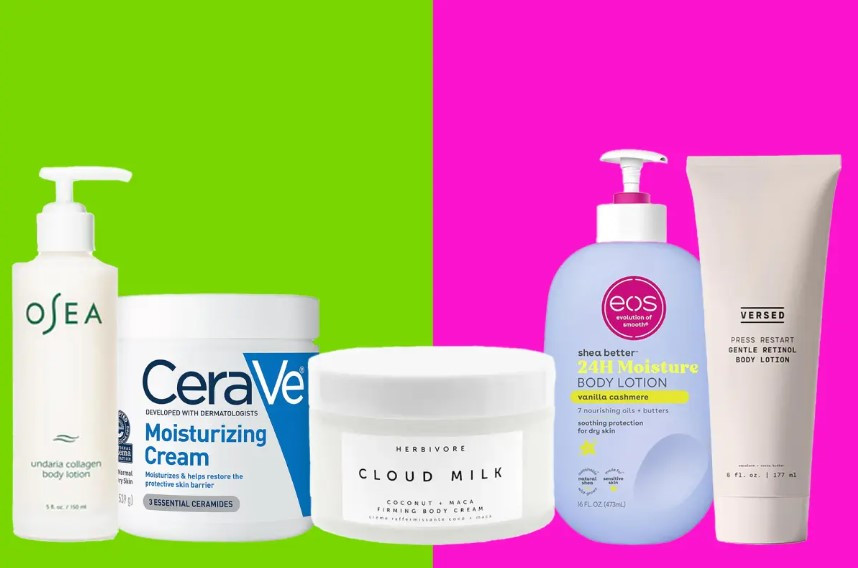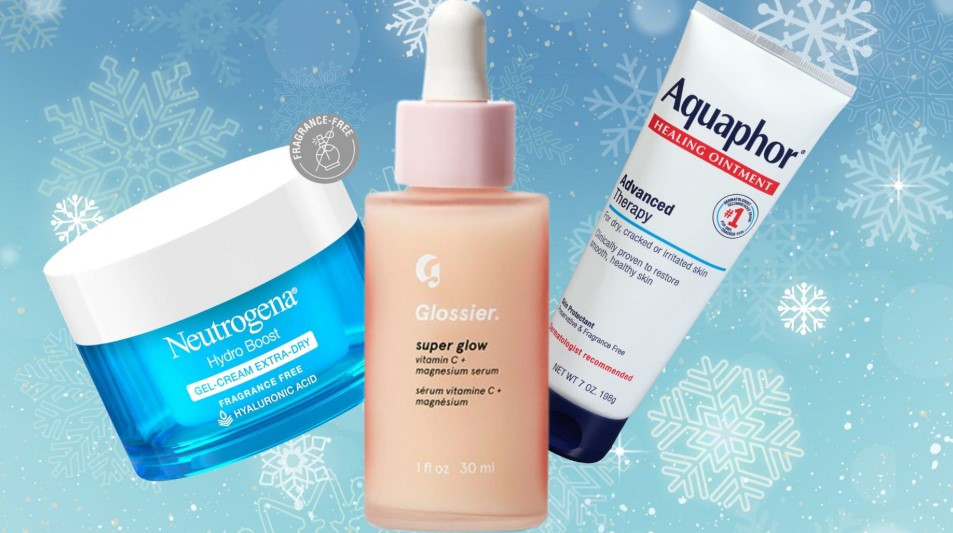Weight gain pills have become a popular topic of conversation for those looking to enhance their physique or recover from medical conditions that cause weight loss. Available in both prescription and over-the-counter (OTC) forms, these pills promise quick and easy solutions. However, it's crucial to understand the potential risks and benefits before incorporating them into your routine. In this article, we will explore the safety and effectiveness of weight gain pills, offering a comprehensive guide for those considering their use.
Prescription Weight Gain Pills
Prescription weight gain pills, also known as anabolic steroids, are regulated pharmaceutical medications that can help individuals gain weight and build muscle mass when medically necessary.
Doctors may prescribe these types of pills for people who have conditions involving muscle wasting, such as HIV/AIDS, cancer, cystic fibrosis, or other illnesses. The goal is to help counteract weight loss and regain strength.

Some examples of anabolic steroids that are sometimes used for medical weight gain include methyltestosterone, oxandrolone, and oxymetholone. These drugs work by mimicking the effects of the natural steroid hormone testosterone in the body.
However, they are also quite powerful and carry health risks if not taken exactly as prescribed under a doctor's guidance. Side effects can include acne, breast development in men, unsafe changes in cholesterol levels, high blood pressure, liver damage, mood changes, aggressiveness, and even dependency issues.
Because of their risk profile, prescription weight gain pills are only recommended when lifestyle and dietary modifications alone are not enough. Close ongoing monitoring of vital signs and side effects is also needed during treatment.
While these medications have the potential to help in limited medical scenarios, they mustn't be used without a prescription due to the severe adverse reactions that can occur with misuse or abuse.
Related: Stay Cool: The 10 Best Men Tank Tops You Need Right Now!
Common Prescription Weight Gain Pills

- Methyltestosterone: Often prescribed to treat delayed puberty in boys or muscle loss due to cancer or AIDS, methyltestosterone can promote weight gain by increasing muscle mass.
- Oxandrolone: Known for its ability to help patients regain weight after surgery, chronic infections, or severe trauma, oxandrolone also aids in muscle growth.
- Oxymetholone: Typically used for treating anemia, oxymetholone can stimulate weight gain in patients with underweight conditions.
While these medications can be life-changing for those with medical needs, their use must be carefully monitored to avoid serious side effects.
Related: Top Men's Underwear Styles and Tips for Ultimate Comfort
Risks and Side Effects of Prescription Weight Gain Pills
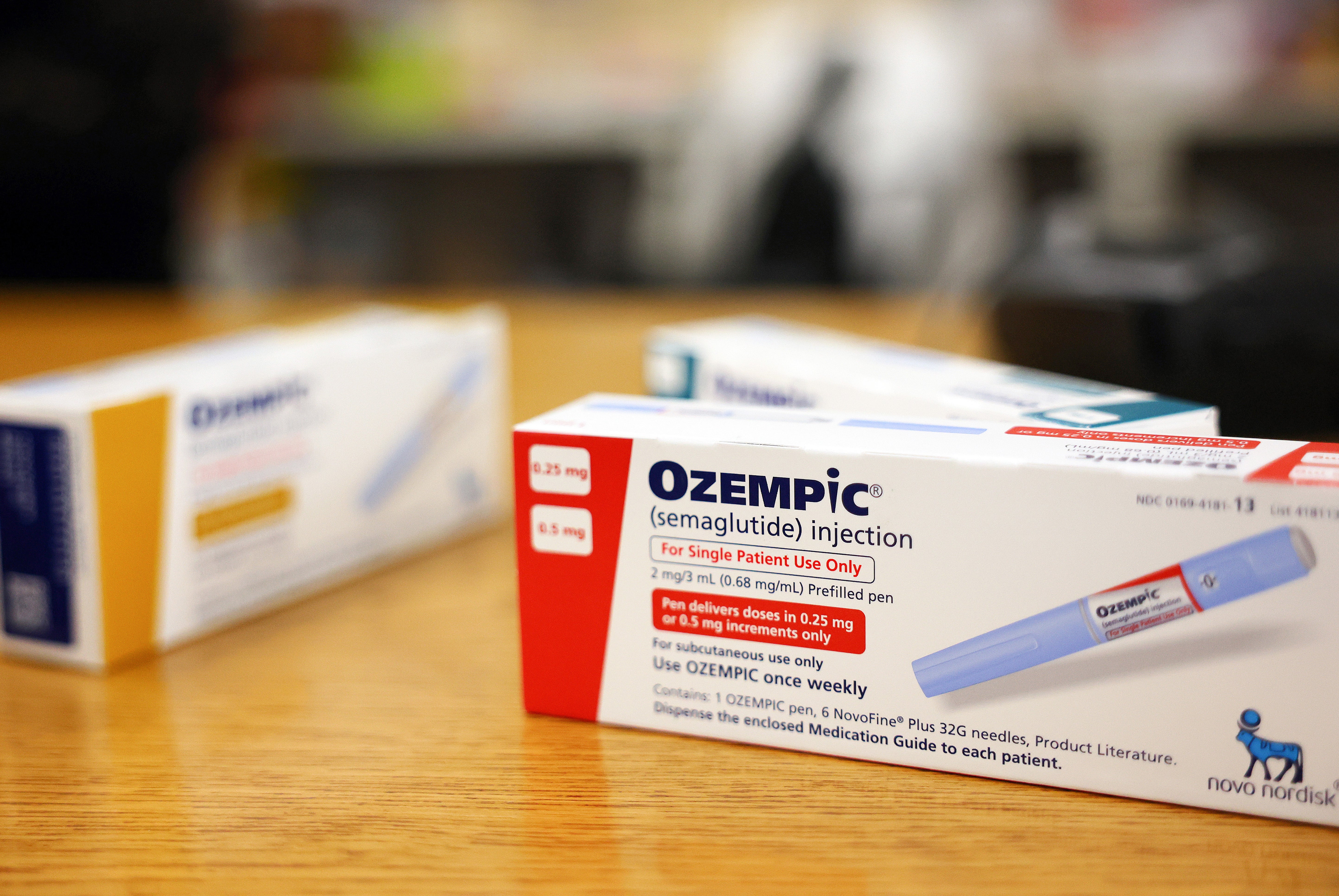
Anabolic steroids, while effective in promoting weight gain, can have severe side effects impacting various organ systems. Potential side effects include:
- Cardiovascular System: Increased risk of heart disease, hypertension, and stroke.
- Liver: Potential for liver damage or liver cancer.
- Kidneys: Risk of kidney damage and failure.
- Reproductive System: Infertility, hormonal imbalances, and sexual dysfunction.
- Mental Health: Increased aggression, mood swings, depression, and anxiety.
Long-term steroid use can exacerbate these risks, making it imperative to use these medications only under medical supervision.
Related: Invisible Braces vs. Traditional Braces: Which is Right for You?
Over-the-Counter Weight Gain Supplements
OTC weight gain supplements are widely available and often make bold claims about their effectiveness. However, they are largely unregulated, leading to significant variability in their contents and dosages.

Many of these products lack substantial evidence supporting their safety and efficacy.
Common Ingredients in OTC Supplements
:max_bytes(150000):strip_icc()/hlt-best-tasting-protein-powder-test-transparent-labs-mass-gainer-jthompson-1582-52fc81365f9642cd8da8ebfb50bd2127.jpeg)
- Caffeine: A stimulant that can boost metabolism but may cause jitteriness or heart palpitations.
- Guarana: Another stimulant similar to caffeine, with similar potential side effects.
- Echinacea: An herb sometimes included for its purported immune-boosting properties, though its effectiveness in weight gain is unproven.
Individuals with medical conditions should be particularly cautious, as some ingredients may interact negatively with their health status.
Related: Bella Hadid Endorses the Coach Brooklyn Bag – And It’s Less Than £500
Safer Alternatives for Weight Gain
For most people, safer and more sustainable methods for weight gain involve dietary adjustments and exercise. Working with a dietitian to develop a calorie-dense diet tailored to individual needs is highly recommended.

Additionally, building muscle through resistance training over time can promote healthy weight gain.
Recommended Supplements for Healthy Weight Gain
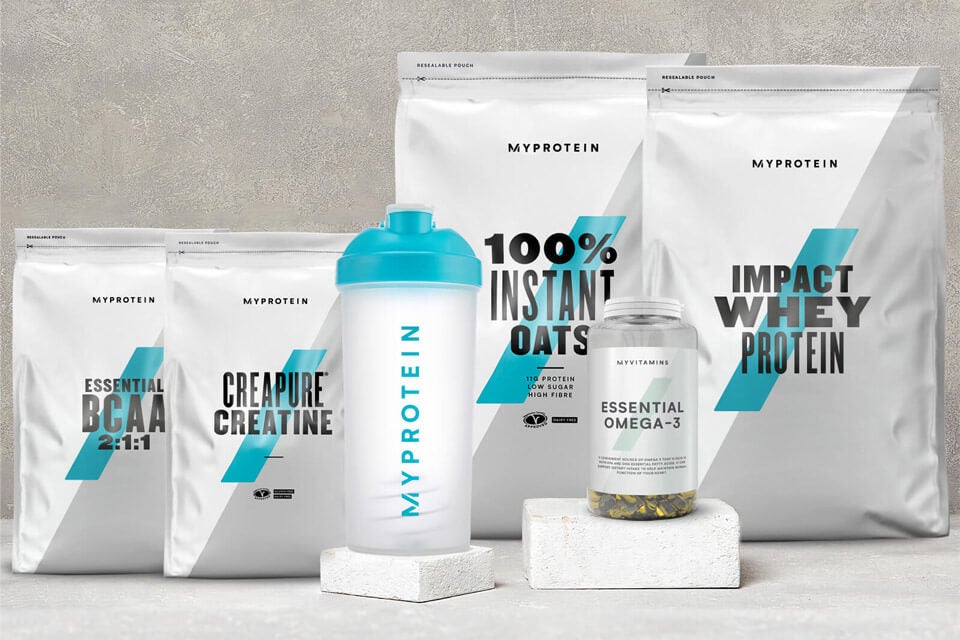
- Protein Powder: A convenient way to increase protein intake, aiding in muscle building. Whey protein is a popular choice.
- Creatine: Enhances muscle energy during workouts, promoting both short-term and long-term muscle growth. Available in powder or pill form.
- Unsaturated Fats: "Good fats" such as those found in salmon, avocados, and nut oils can help increase muscle mass.
- Carbohydrates: Essential for energy and working synergistically with protein to build muscle mass. Found naturally in foods like bread, beans, and pasta.
- Thiamine (Vitamin B1): Important for avoiding appetite suppression and fatigue, which can make weight gain difficult. Found in foods like pork and black beans. An iron supplement may also be beneficial for those deficient to avoid decreasing appetite.
Related: Say Hello to Juicy Lips and Bold Brows with Revolution Beauty’s Latest Launch!
Weight Gain Supplements
When choosing weight gain supplements, it's important to check labels for certifications and dietary restrictions that align with individual needs and preferences. Here are six recommended products:
IronVegan Athlete's Gainer

- Features: Plant-based, vegan-friendly, gluten-free, Informed Sport Certified.
- Materials: Pea protein, brown rice protein, maltodextrin, coconut oil.
NOW Sports Carbo Gain Powder

- Features: Calorie-dense carb powder, Informed-Sport Certified.
- Materials: Pure maltodextrin.
Check out other available hot promo coupons at Now Foods >>>> HERE <<<<
True Athlete Natural Gainer

- Features: No artificial ingredients, sweetened with stevia and monkfruit, NSF Certified for Sport.
- Materials: Whey protein, pea starch, maltodextrin, sunflower oil.
Muscle Milk Pro Series Gainer
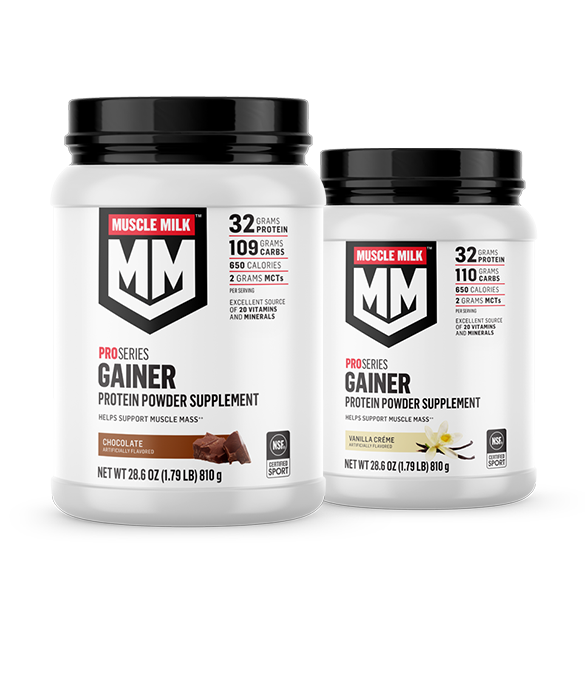
- Features: High calorie at 650 per serving, NSF Certified for Sport.
- Materials: Maltodextrin, milk protein isolate, sunflower oil.
Check out other available hot promo coupons at Muscle Milk >>>> HERE <<<<
Gnarly Pre-Workout

- Features: Contains beta-alanine, citrulline, BCAAs, caffeine, NSF Content Verified/Certified.
- Materials: Citrulline malate, branched-chain amino acids, beta-alanine, ginseng.
Check out other available hot promo coupons at Gnarly >>>> HERE <<<<
Klean Athlete Klean Creatine
:max_bytes(150000):strip_icc()/vwh-product-klean-athlete-creatine-jthompson-0129-52571d486cbe4193915719f83a1cadce.jpeg)
- Features: Pure creatine monohydrate, vegan, NSF Certified for Sport.
- Materials: Creatine monohydrate.
Check out other available hot promo coupons at Klean Athlete >>>> HERE <<<<
Final Thoughts
While weight gain pills can offer a solution for those struggling to gain weight, their safety and effectiveness vary greatly between prescription and over-the-counter options.
Prescription anabolic steroids should only be used under medical supervision due to their significant health risks. OTC supplements, while more accessible, come with their own set of uncertainties and potential side effects.
For most individuals, a balanced approach involving dietary adjustments and resistance training is the safest and most effective way to achieve weight gain.
Consulting with healthcare professionals and choosing well-researched supplements can support this journey healthily and sustainably.
Remember, there are no shortcuts to health, and a thoughtful, informed approach will always yield the best results.


